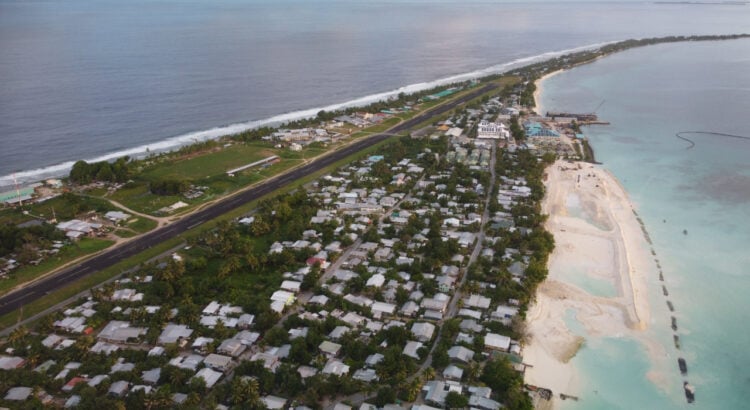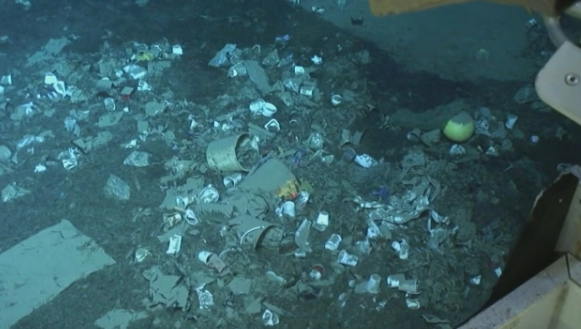An Unprecedented Bilateral Agreement Turns Climate Exile into State Policy
A resettlement program by lottery is reshaping the future prospects of thousands of inhabitants of an archipelago threatened by rising seas.
In the middle of the Pacific, a low-lying archipelago sees its future vanish as the ocean encroaches. In Tuvalu, familiar landmarks are collapsing under the combined effects of erosion, storms, and salinization. The figures on sea-level rise reveal a deeper reality: a programmed disappearance. Faced with this slow but irreversible threat, an entire nation is organizing to survive outside its territory, carrying with it its rights, culture, and name.
When Tuvalu Becomes Uninhabitable for Its Own People
In 2023, observations by NASA’s Sea Level Change Team showed a 15-centimeter rise in sea level at Tuvalu compared to the average of the previous three decades. Such an increase threatens critical infrastructure in the short term, including the airport, housing, and freshwater reserves. The pressure is compounded by storms intensified by climate change, notably the combined effects of tides and cyclones on island populations.
For the population, this climate upheaval is not measured only in centimeters of water. It signifies the loss of an ancestral way of life, based on fishing, community bonds, and a sacred relationship with the land. Each advancing wave erodes a little more of this identity foundation. The long-feared exodus becomes a tangible horizon.
The Australian Climate Visa: An Unprecedented Diplomatic Response
The Falepili Union treaty, signed between Tuvalu and Australia at the end of 2023, paves the way for a gradual and organized migration. It provides for the reception of 280 Tuvaluan citizens per year under a program described by the Australian government as a world first. According to Wired, this visa guarantees beneficiaries the same rights to health, education, and employment as those granted to permanent residents.
Far from being a hastily improvised emergency measure, this program is based on a lottery system that attracted nearly 8,750 applications during the first phase—over one-third of the population. The Conversation highlights that this strong participation reflects not only widespread concern but also families’ determination to take control of their own future. For many, this visa represents a gateway to education, employment, and a more stable life for their children.

Source: science et vie




